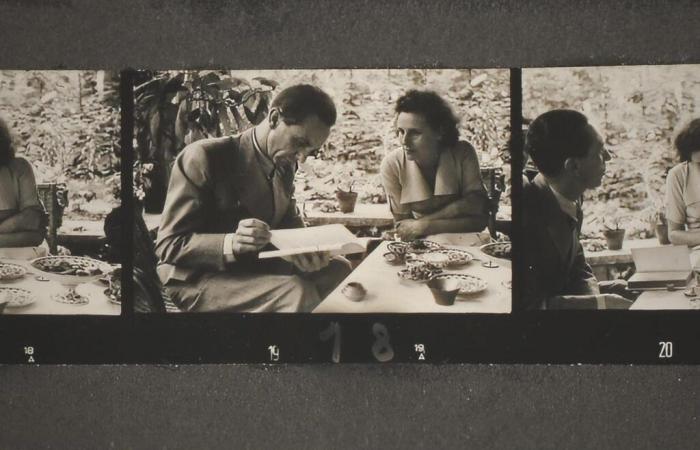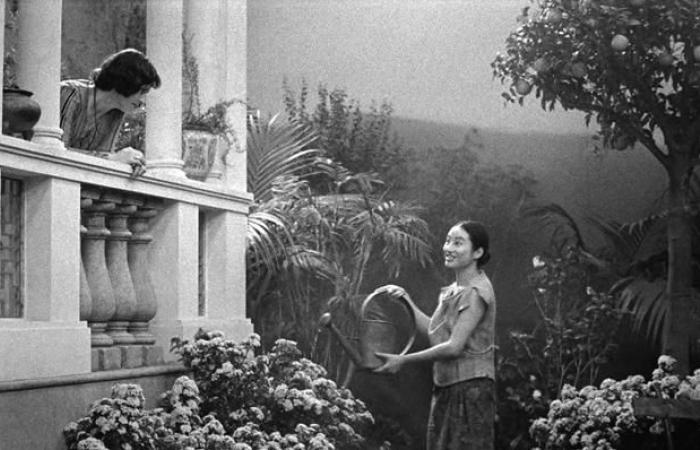The ambiguous personality of Hitler's favorite photographer, a romantic epic in Asia in the last century, a social comedy about two brothers at odds, a female genre film where bulls play werewolves… The films showing this year week come in a wide variety of styles.
Not to be missed
“Leni Riefenstahl, light and shadows”: a Hitler feminist
During her lifetime, Leni Riefenstahl (1902-2003), director of Triumph of truth (1935) and Stadium Gods (1936), refused to let Hollywood make a biopic of her. Several tried it before giving up: Jodie Foster, Steven Soderbergh, Paul Verhoeven. Many screenwriters will have broken their teeth there. Empathy would be complicated; judgment, uninteresting. And what to show? The free woman, pioneering director, who established herself in a man's world? The filmmaker who was favored by Hitler, helped to shape the superman and aesthetically armed the IIIe Reich? Or the repentant woman who spent the post-war period rewriting her history and lying, claiming ignorance of what the Hitler regime was doing? To answer these questions, we will now have to take into account the documentary by Andres Veiel, who to do this consulted some 700 archive boxes kept by the filmmaker's companion. A colossal work of archives and editing, Andres Veiel's documentary is parsimonious in voice-over and never tells us what to think. Delivering a verdict is not his main concern, and that is his whole price. It is pleasant for the spectator, this feeling which does not choose between the horrible and the fascinating, the monster and the feminist. From then on, the space is given to us to reflect: on the beauty which can blind and serve as a pretext for immorality, as well as on this woman's gaze which colonizes everything it looks at. Mr. Yes.
German documentary by Andres Veiel (1h55).
« Grand Tour”: double conceptual travelogue in Asia
1918. Edward Abbott, a young British civil servant stationed in Rangoon, learns that Molly, to whom he has been engaged for eight years, plans to join him. He decides to leave, beginning a journey that will take him from Burma to China, via the Philippines, Japan and Vietnam. The young woman, refusing to believe that he ran away to escape marriage, goes looking for him, meticulously following his tracks in the places where he has passed. Each journey is punctuated, for the two Westerners, with unforeseen encounters. Without being able to tour a formal and sensitive experience which has no real equivalent in cinema today, let us specify that, at the origin of the film, there are documentary images taken by the director Miguel Gomes and his team during a trip to Southeast Asia, plans without a preconceived scenario and filming interrupted by the Covid-19 pandemic. On arrival, the discursive redistribution of material is then placed at the service of an original narration. Unless it is the opposite, that is to say the recomposition of a romantic plot adapting to pre-existing images. It is in any case a tragi-comic, picaresque and epic story, as much as a mixture of sensations, a geographical and mental trip, a conceptual puzzle. J-F. R.
You have 71.58% of this article left to read. The rest is reserved for subscribers.







